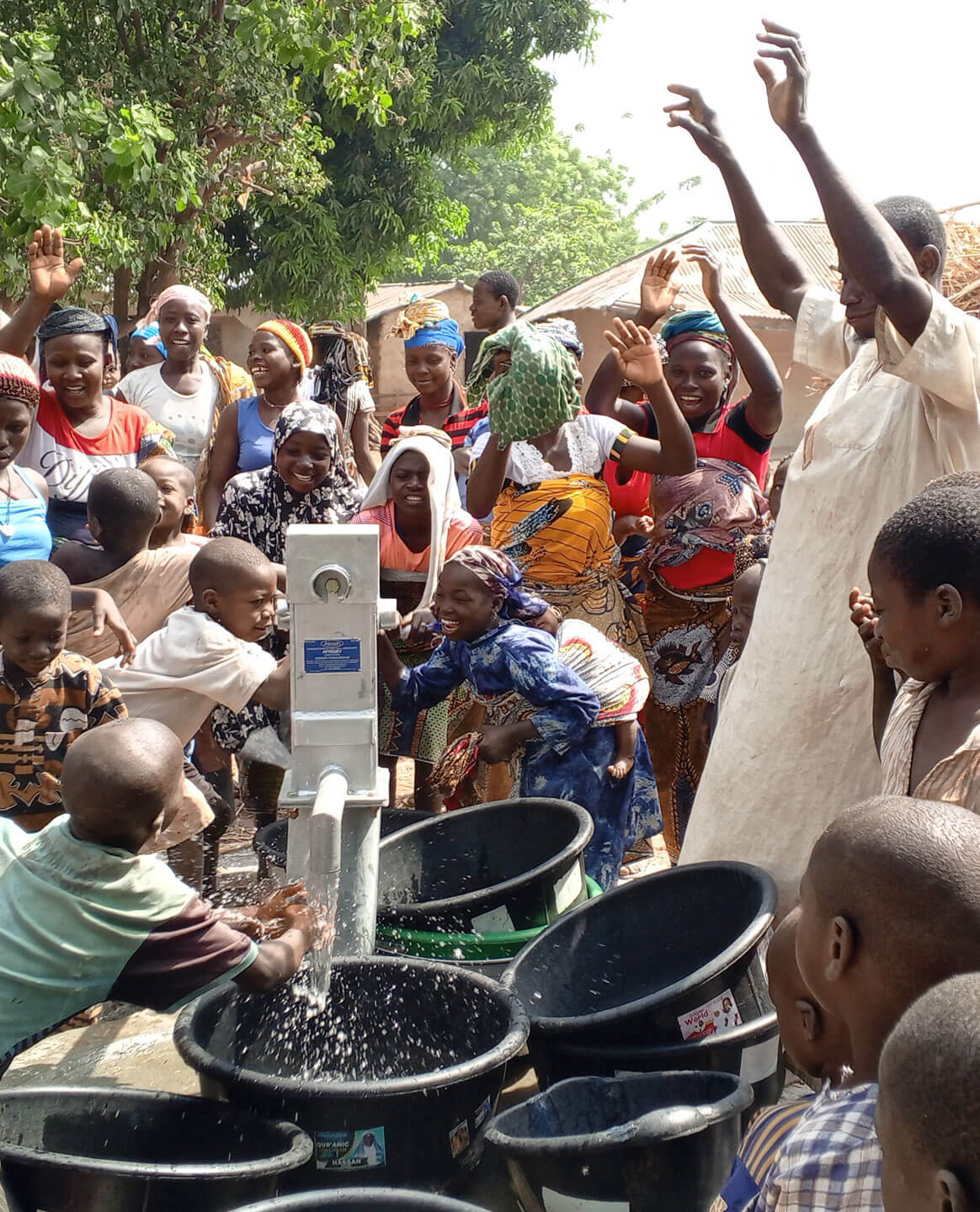First, we train and equip local teams in 6 areas of water, sanitation, and hygiene (WASH) programs like well drilling and pump repairs.
Second, these local teams complete projects and engage community members, creating ownership through involvement.
Third, support from donors make projects affordable.
Local, empowered leaders keep safe water flowing and break the cycle of poverty by building lasting strength from within.
It all started with a discouraging diagnosis and one trip to Liberia over 30 years ago…
Your support makes a difference.
